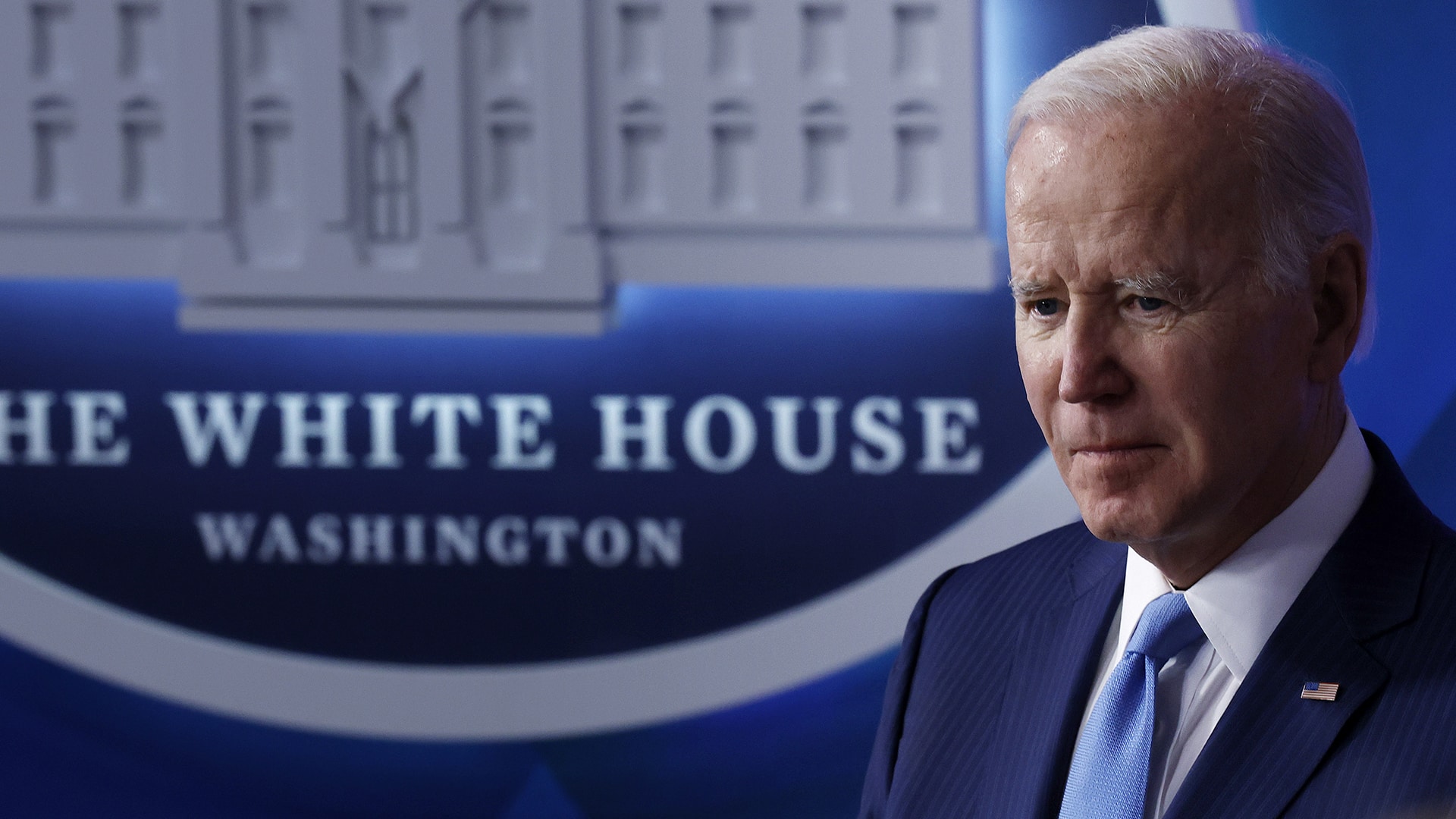OPINION: This article may contain commentary which reflects the author's opinion.
A federal judge has smacked down the Biden administration on a law that would force doctors who have a religious opposition to gender reassignment surgery to perform them.
The U.S. Court of Appeals for the Eighth Circuit affirmed a district court’s decision that said the Obamacare mandate that required religious doctors and hospitals to perform the surgeries would cause “irreparable harm” to the plaintiffs’ “exercise of religion,” The Blaze reported.
The court ultimately found the transsexual mandate unlawful and granted a coalition of Catholic healthcare professionals a permanent injunction. They will no longer face multimillion-dollar penalties for keeping their consciences clear.
The U.S. Court of Appeals for the Eighth Circuit affirmed an August opinion issued by the Fifth Circuit, which struck down an interpretation of Section 1557 of the Affordable Care Act.
Section 1557 prevents federally-funded healthcare programs from discriminating against patients on the basis of sex.
“The mandate made no exception for providers who believe those procedures to be harmful or object to them on religious grounds, and it applied to all patients, including children,” Beckett said.
By unanimous decision the Fifth Circuit Court of Appeals affirmed that doctors could not be forced to perform the surgeries that violated their conscience and professional judgment.
The court also said that the “loss of freedoms guaranteed by the First Amendment, [the Religious Land Use and Institutionalized Persons Act], and [the Religious Freedom Restoration Act] all constitute per se irreparable harm.”
The Bien administration appealed to the Eighth Circuit Court of Appeals and was again smacked down.
The Biden administration now has 90 days to ask the Eighth Circuit to hear it again or appeal to the Supreme Court.
A federal appeals court has dealt another blow to a major Biden administration initiative. On Thursday, the 5th Circuit Court of Appeals in New Orleans upheld a ruling issued in October by U.S. District Judge Mark Pittman of the Northern District of Texas in which he struck down President Joe Biden’s student loan debt relief action as unconstitutional.
The ruling from the three-judge panel allows Pittman’s ruling to remain in force until the case is heard by the full appeals court.
The Western Journal explains: “Biden announced in an executive order in August that his administration would forgive up to $10,000 in student loan debt for individuals making less than $125,000 a year, or couples whose incomes are below $250,000. Pell Grant recipients were eligible for up to $20,000 in debt forgiveness under Biden’s order. The Congressional Budget Office has estimated the plan would cost $400 billion, according to Reuters. Although forgiveness is uncertain, the Biden administration has put repayment on hold, extending a freeze on payments that began during the COVID-19 pandemic. Payments had been scheduled to resume Dec. 31.”
Pittman, in his ruling, noted: “No one can plausibly deny that it is either one of the largest delegations of legislative power to the executive branch or one of the largest exercises of legislative power without congressional authority in the history of the United States.”
He added: “In this country, we are not ruled by an all-powerful executive with a pen and a phone. Instead, we are ruled by a Constitution that provides for three distinct and independent branches of government.”
“The Court is not blind to the current political division in our country. But it is fundamental to the survival of our Republic that the separation of powers as outlined in our Constitution be preserved. And having interpreted the HEROES Act, the Court holds that it does not provide ‘clear congressional authorization’ for the Program proposed by the Secretary,” he added.
“Whether the Program constitutes good public policy is not the role of this Court to determine. Still, no one can plausibly deny that it is either one of the largest delegations of legislative power to the executive branch, or one of the largest exercises of legislative power without congressional authority in the history of the
United States,” the judge continued.
Meanwhile, the Supreme Court on Thursday agreed to hear arguments on the legality of Biden’s order, which critics say amounts to an unconstitutional expenditure of hundreds of billions of taxpayer dollars that Congress never approved.
“The decision tees up a high-stakes battle at the high court early next year that will decide the fate of Biden’s sweeping plan to provide up to $20,000 of debt relief to tens of millions of Americans who owe federal student loans,” Politico reported.
“The court on Thursday deferred a ruling on the administration’s emergency request to immediately reinstate its debt relief program. Instead, the court said, the justices will hear arguments on the matter next year,” the outlet continued.
Politico went on to report that putting the case on the current docket means that a decision will come by next June, if not sooner, adding:
The case that the justices have agreed to hear involves a challenge from six Republican-led states: Nebraska, Missouri, Arkansas, Iowa, Kansas, and South Carolina. The states argue the debt relief plan will reduce tax revenues or other funding that is related to state-related entities that own, manage or invest in federal student loans. The Supreme Court said it would address two questions: whether the Republican attorneys general have standing to bring the case in the first place and “whether the plan exceeds the Secretary’s statutory authority or is arbitrary and capricious.”
